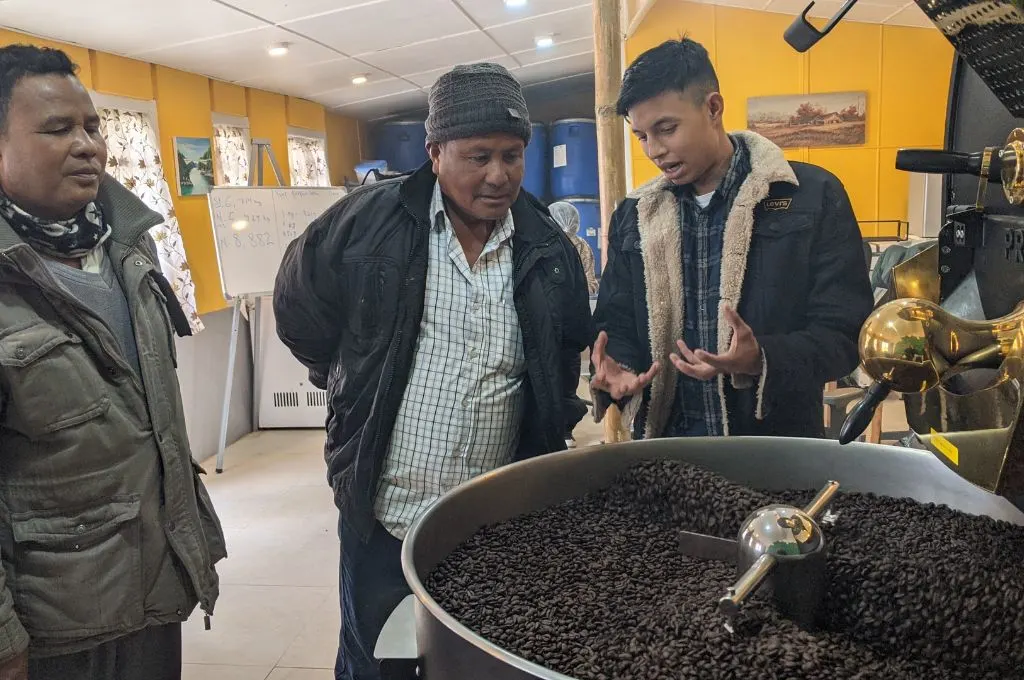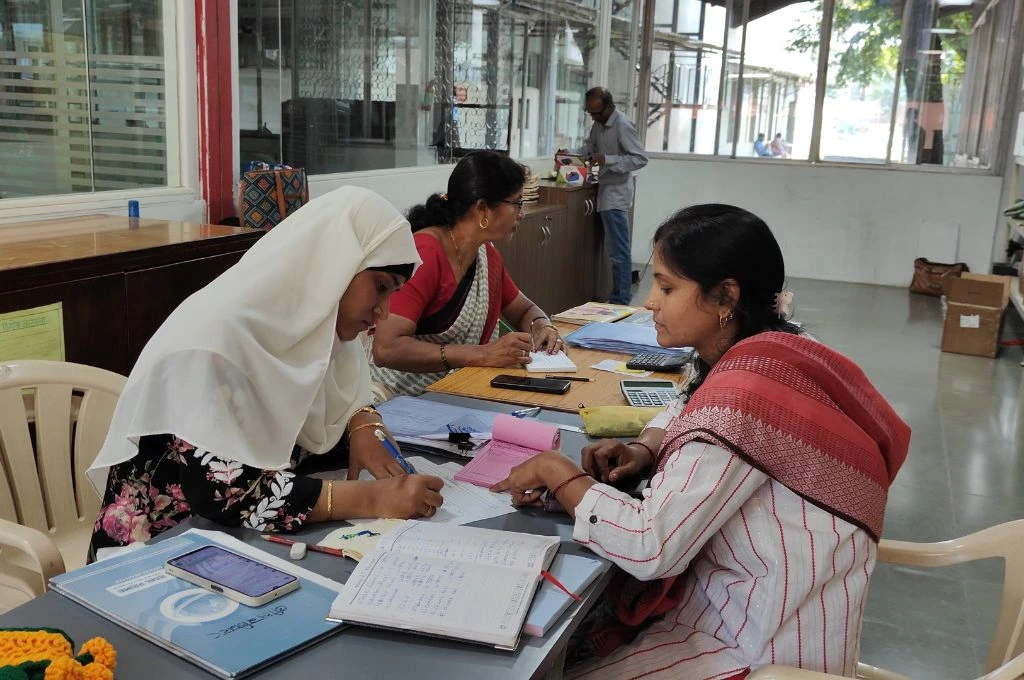The life of a startup social entrepreneur is usually hectic and made up of long to-do lists; it’s like trying to juggle 10 balls without dropping a single one. There is immense pressure to not just launch your idea, but to prove to yourself and others that it works. Having been through this journey a few years ago, here are some of my learnings:
It’s okay not to know how to set up an organisation, understand legal structures, create a plan, or build a team. Really. I didn’t know a lot of these things when I started out, but luckily I found enough people who did, and were willing to help. So, in the beginning, instead of spending time worrying about all the things you don’t know, look for people you can learn from and lean on them—these could be in the form of board members, advisors, mentors, experts, and consultants.
Very often, we feel stuck having to learn a skill we don’t have or are not interested in. My suggestion here is to quickly hire a person with the necessary skill set, so that it’s one less struggle from the many you already have. For example, despite the fact that I had studied commerce, I understood very little about maintaining accounts. That’s why I hired an accountant on a part-time basis from day one.
Personally executing projects leaves very little time for management. As soon as you have the funds, start hiring people so that you can get out of implementation. This will free up a huge amount of time to invest in project management, networking, fundraising, and measuring impact.
Often, the drive we have as entrepreneurs results in our work becoming more important than our well-being. But this comes at a huge price. Personally, I experienced burnout in just a few years and had a hard time coming out of it. Over time, I have started to take better care of myself, but it would have been hugely beneficial if I had been more careful right from the beginning. Doing simple things such as making sure you sleep enough, eat on time, rest enough and make time for the things that inspire you, is critical. Remember: You’re as important as the work you do, if not more.

Often, the drive we have as entrepreneurs results in our work becoming more important than our well-being. | Picture courtesy: Wikimedia commons
You need to be intentional about where you spend your time. For example, I would quickly exit discussions that would take hours and weren’t adding much value to the overall plan and implementation. Equally important: Delegate, delegate, delegate. I can’t begin to emphasise how important it is to hand over tasks as quickly as you can. If you hold on to tasks, they will take a toll on you and you won’t be able to focus on things that really need your attention and time.
Well-meaning people around you may say, “Don’t worry, it’ll all work out,” or “Be positive, then it’ll happen.” I beg to differ. It’s important to be what I call ‘real-optimist’ which means that you should be optimistic, but also realistic. Plan well, understand the risks, and know how you will mitigate them. Remember, you’re responsible for a lot of people. So, aspire, but stay grounded with your optimism.
I have found great merit in co-creating a value-culture in the organisation, periodically reviewing it, and then continuously aligning people with it. For me, one of the most important factors determining the success of the organisation is a strong value-culture in the organisation.
One of the most important factors determining the success of the organisation is a strong value culture in the organisation.
A few years into your journey, sit with your team and create a culture charter, a set of virtues and behaviours you will demonstrate as individuals and as an organisation—for example, respect, accountability, honesty, innovation, excellence—and list down what these values look like in practice. This will help you decide what kind of people you will recruit, what your approach or philosophy will be, and so on. Remember to periodically review this charter and reiterate it with your team.
In the beginning, you might get opportunities to take on initiatives that differ from what you initially set out to do. Alternatively, you may be challenged with new situations within the organisation that push you to reflect. These instances can easily cause a ‘mission drift’ (moving away from your mission) or dilute your value-culture. Given this, it is helpful to pause when you’re at a decision-making point and ask yourself what you’re definitely not going to do, or what you aren’t about. Using this filter makes it easier to arrive at what you want to be about.
It was difficult for me to do both in the beginning. It took me three months to take the decision to fire a team member—in fact, I actually had to seek advice from a board member on how to go about doing it. Even then, actually firing them was heartbreaking, but I knew it had to be done. The reality is, if we don’t let go of the ‘wrong’ people, we can’t bring in the ‘right’ people (in terms of their fit for the role and the organisation). I have also learnt that hiring the ‘right’ people is critical for success. When I set out to do so, I prepared a list of questions to ask at the interview stage, and asked people to do role plays and mocks which helped me understand whether they might be the right fit. For senior people, I started checking on leadership ability, temperament, and value-culture alignment. Passion for the cause is not enough.
In the beginning, I started with a monthly salary of INR 2,000. While a seemingly small amount, this helped bring in the seriousness of building and running an organisation vis-à-vis doing it voluntarily. Over time, when we were able to, I began to pay myself a larger amount—not only did this enforce my value for my own time, it also helped create the right messaging for my donors.
It’s a fine balance, deciding when to give up and when to persevere. In our work—and for what I’ve seen in most social entrepreneurs—we couldn’t afford to give up, perseverance was the only choice (or so I’d like to think). We knew we had to make it work, and so we spent our time figuring out how to do just that. One thing which helped me was accepting that it would be a struggle, that the constant worry was something I would feel as a founder, and is something that all founders feel.
Take moments to celebrate successes and milestones—both big and small—with your team; pat yourselves on the back and continue to march ahead. If you don’t enjoy the ride, it’s not going to last.
Good luck!
—
Know more
- Read this article about Sam Altman’s startup playbook, whihc shares expertise about converting a good idea into a great product, the CEO’s job, hiring talent, fundraising, growth, and more.
- Explore these articles—on NextBillion, Bloomberg Quint, and YourStory—that share tips for social entrepreneurs during COVID-19.





